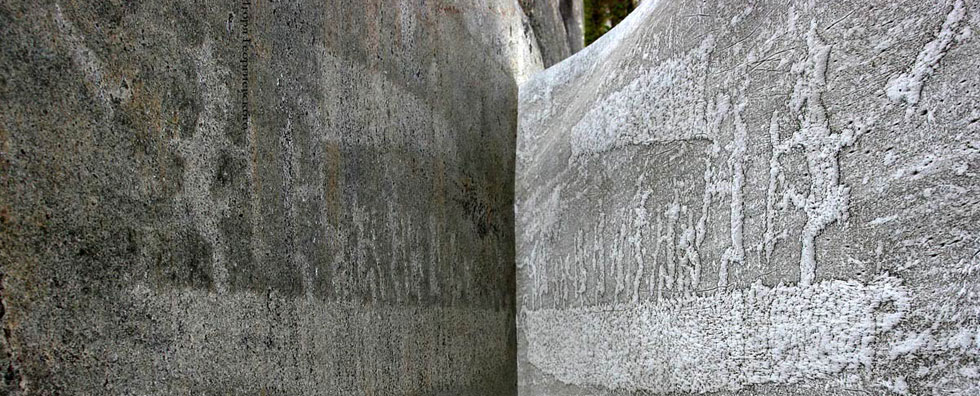
Issue №2, Vol. 10
Kolesnikov G. Decomposition Algorithm of Linear Complementarity Problem and its Application for Simulation of Pulpwood Colliding in Debarking Drum // Resources and Technology. 2013. №2, Vol. 10. P. 111‒138.
DOI: 10.15393/j2.art.2013.2661
Decomposition Algorithm of Linear Complementarity Problem and its Application for Simulation of Pulpwood Colliding in Debarking Drum
| Kolesnikov Gennady N | PetrSU, kolesnikovgn@ya.ru |
|
Key words: non-smooth dynamics collision debarking drum numerical modeling linear complementarity problem energy criterion |
Summary: The problem of numerical simulation of pulpwood collisions in a debarking drum is regarded as the source of the contact problem. The solution of this problem will allow to predict the strength of pulpwood collisions with each other and with the drum body. The contact problem reduces to finding a solution of a linear complementarity problem with a positive definite matrix of coefficients if a finite element model is applied. The dynamics of the research object is modeled as a set of its static states and time-ordered by the method of finite differences. A new decomposition algorithm of a linear complementarity problem with a positive definite matrix of coefficients is substantiated. At each time step the algorithm numerical implementation reduces to Gauss-Jordan eliminations with the choice of the matrix main element by the proposed energy criterion. The energy criterion is used to find the global minimum of a discrete set of quadratic functions, where each one has a single variable. In terms of mechanics, the energy criterion at each step of the algorithm is used as the criterion for the transition of unilateral constraints from a possible state to a real state. The solution of the mentioned linear complementarity problem by the new algorithm is found in fewer steps in comparison to test examples known from the literature. |
Displays: 2643; Downloads: 2529;




